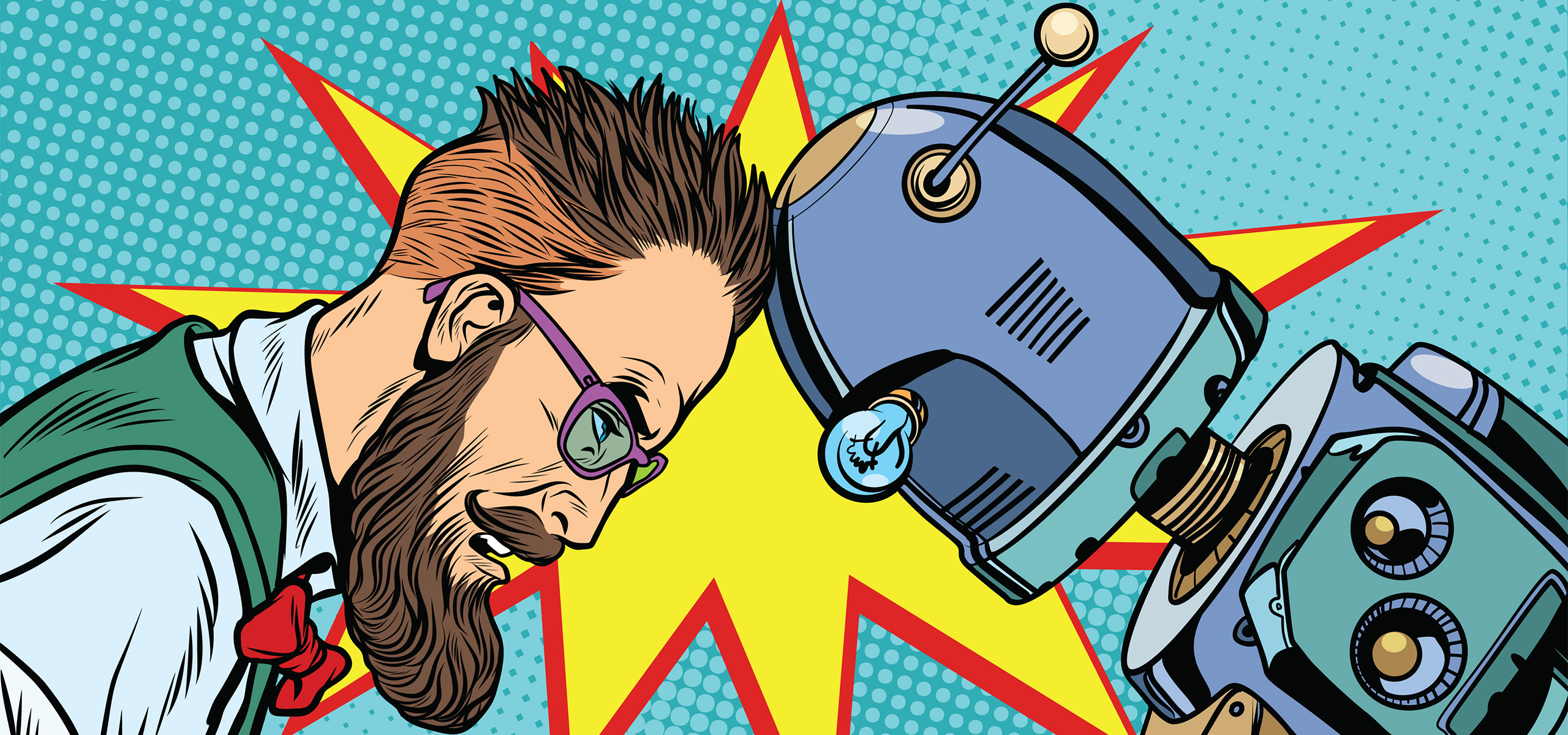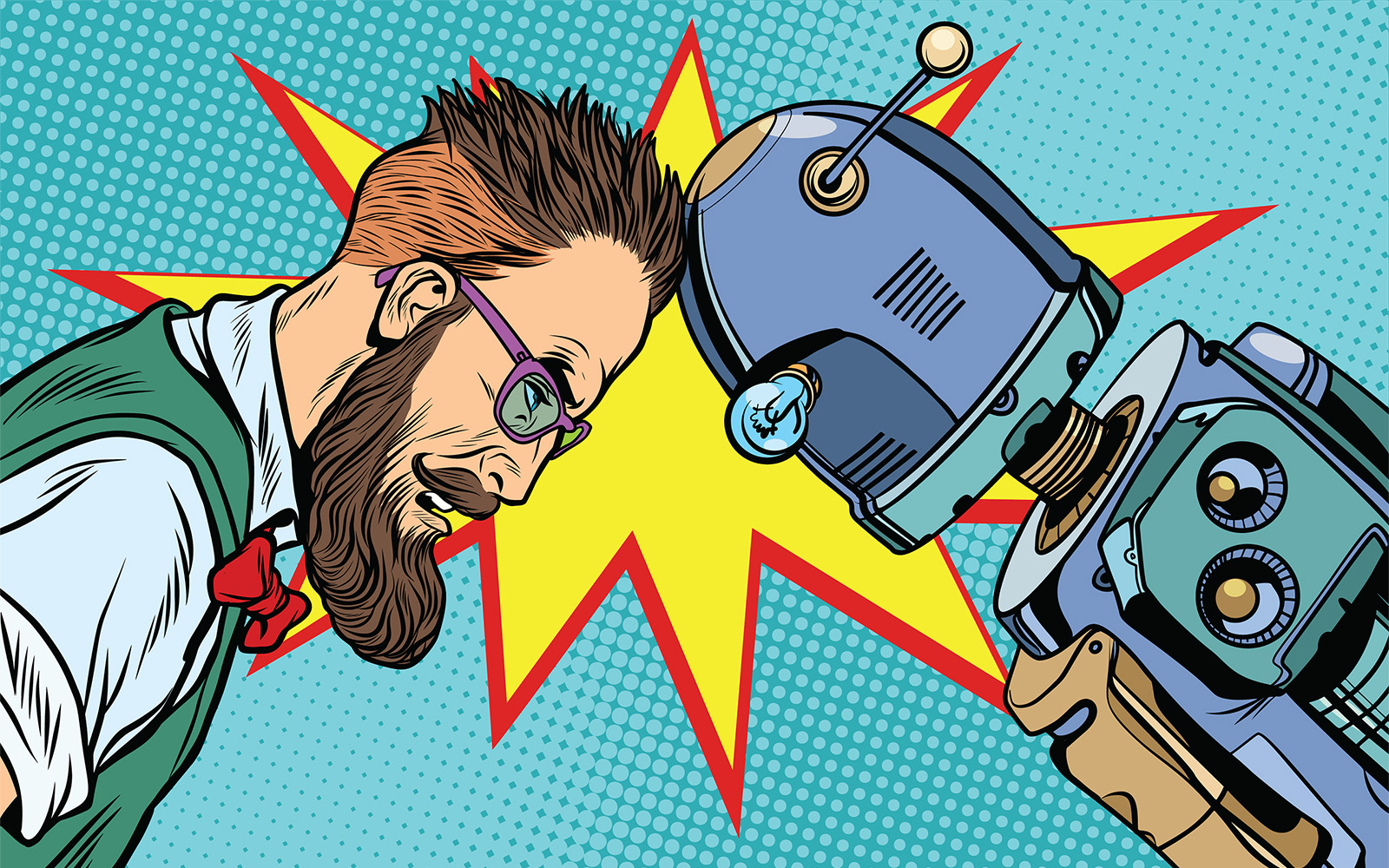No, AI Won't Kill Developers! Far From It!


It's all over the tech scene these days: bold claims that "AI will soon replace developers". Even the CEO of NVIDIA recently stated that kids shouldn't learn to code - they should leave it to AI.
However, my point of view is in stark contrast to this prevailing narrative. Let me explain why.
Lessons From History
Let's take a step back and look at history. The concept of AI has been around since the 1940s, such as text translation. Experts believed they'd achieve the equivalent of a human translator in just 2 years. Fast forward 80 years and although significant progress has been made, we're not quite there yet, especially with nuances in language, idiomatic expressions, and context-dependent translations.
Such events have occurred throughout history. Even the greatest specialists tend to underestimate the difficulty of ambitious goals, and over-optimism is very common in the industry.
AI Winters
Contrary to popular belief, the progress of AI hasn't been a straight line. There have been many AI winters — periods of stagnation and little progress. During the AI winter of the 1970s and 1980s, for example, funding dried up, research projects were abandoned, and enthusiasm waned due to unmet expectations. We're now experiencing a surge in AI capabilities, but history suggests that we may be in for another lull.
AI-based Code is a Different Ballgame
AI has shown remarkable abilities in fields such as art, even winning competitions. In art, any answer might be a good answer; you want a picture of a house near a lake, and as long as the results look good, thousands of pictures might fit the bill. However, when it comes to coding, it's a different story. There's a notion of precision and correctness in the design of a software system. And while tools like ChatGPT and GitHub Copilot may assist developers, they still make significant errors because they’re trained on code that's often flawed. In fact, research has shown that 40% of the code produced by GitHub Copilot is vulnerable to threats.
So, while AI may excel in areas such as art, its coding skills remain inadequate due to the intricate complexities of the craft, which is hindering rapid progress in this area.
The Grand Promises of Tech Execs
Tech executives often make grand promises that end up falling short. Take Elon Musk's overly optimistic predictions about Tesla's Autopilot, for example. Promised by the end of 2016, it's now 2024, and we're still a long way off.
When evaluating such claims, consider the motives behind them. Musk's promises may be designed to inflate Tesla's share price and attract media buzz. Similarly, NVIDIA's CEO's optimism about AI aligns neatly with the company's pivot to AI-focused technologies.
Coding is Just a Small Piece of the Puzzle
Developers do a lot more than code. They communicate with customers, decide which features to implement, align technical strategy with business strategy, and make many other critical decisions. Therefore, human intervention will remain essential to orchestrate and execute software projects effectively.
AI will Increase the Demand for Developers
Despite the belief of many that AI will reduce the need for developers, history suggests otherwise again. High-productivity tools and technologies haven't reduced the need for developers in the past; in fact, they've pushed us to new heights, raising the bar on what's possible.
With AI in the mix, the complexity of software will only increase, expanding its scope as we build on new abstractions. This pattern has consistently led to an increase in programming jobs, not a decrease.
Conclusion
In conclusion, the idea that AI will replace developers any time soon is downright ridiculous. Coding remains a fundamental skill, and will remain so for a very long time.
So yeah, teach your kids how to code — it’s like reading and writing in the digital age, and it will develop their problem-solving skills. But also introduce them to AI tools. Because regardless of their future career paths, as the popular saying goes, “AI may not replace you, but someone who uses AI will”.



